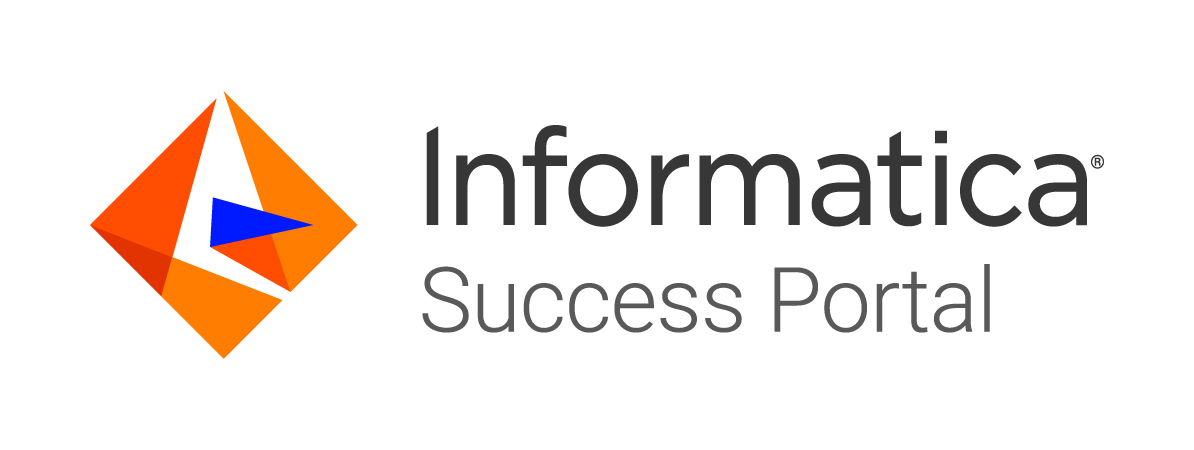A Local Cluster is a simple, single-node advanced cluster hosted on a Secure Agent machine. It is designed to run mappings in advanced mode, enabling rapid project onboarding with minimal resource requirements. Local Clusters support on-premises setups as well as multiple cloud environments, including AWS, Google Cloud, Microsoft Azure, and Oracle Cloud Infrastructure.
Ideal for small-scale and localized testing scenarios, Local clusters can access staging and log locations either on local file systems or cloud storage, and feature a timeout mechanism that automatically shuts down the cluster after five minutes of inactivity.
- Secure Agent Configuration:
- The Secure Agent must run on a Linux machine. Refer to Informatica's Product Availability Matrix (PAM) for operating system version compatibility.
- Ensure NOPASSWD sudo privileges for the Secure Agent user or utilize runtime configurations to bypass this requirement.
- The Secure Agent's machine must meet minimum hardware requirements: 8 vCPU cores, 32 GB memory, and dedicated disk space for /var (30 GB) and /tmp (30 GB).
- Network Configuration: Confirm IPs and domains required by the Secure Agent are added to the allowlist or whitelisted as needed for Advanced Mapping execution.
- Firewall and Docker Configuration: Disable the OS firewall on the Secure Agent machine and ensure Docker version compatibility. For RHEL 9.x environments, Docker version 20 is required, and Docker versions above 21 are unsupported.
- Single Secure Agent Machine in Group: Only one Secure Agent machine is supported within the Secure Agent group when using Advanced/Local Clusters.
- Data Integration Elastic License: The organization must have a Data Integration Elastic License activated to enable Advanced/Local Cluster functionalities.
- Elastic Server Service: The Elastic Server Service must be enabled and running within the Secure Agent's Runtime Environment.
- Enabling advanced mappings for testing and development with low operational overhead.
- Supporting rapid and localized deployment of projects.
- Providing resource efficiency and flexibility for small workloads or testing scenarios.
- Streamlined onboarding of advanced mappings.
- Access to advanced processing capabilities under minimal resource requirements.
- Improved operational efficiency for data integration tasks.
- Integration Developer: Designs and tests mappings in advanced mode using the local cluster.
- Administrator: Configures and manages cluster properties and monitoring.
- Cloud Architect: Ensures proper setup and integration of staging and log locations in local/cloud environments.
Ask An Expert
Feature Clarity
Cloud Data Integration - Elastic (CDI-E)
Ask An Expert
Implement
Adoption - Technical
Functional
AAE-CDIE-002
Disclaimer
- All the topics covered in the Success Accelerators/Ask An Expert sessions are intended for guidance and advisory only. This is implicit and it will not be called out under the scope of each engagement.
- Customers need to include their relevant technical/business team members highlighted in each engagement topic to derive the best out of each engagement.
- Customers need to perform any hands-on work by themselves leveraging the guidance from these engagements.
- Customers need to work with Informatica Global Customer Support for any product bugs/issues and troubleshooting.
